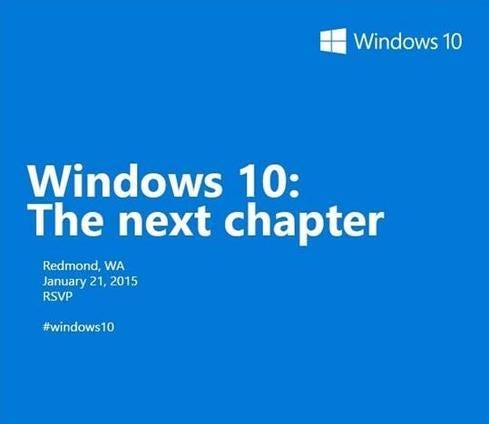4 Education Technology Trends To Watch
Educational technology is changing rapidly. These four trends will influence learning in schools -- and in corporations.


Windows 10: 7 Predictions Of What's Next
Windows 10: 7 Predictions Of What's Next (Click image for larger view and slideshow.)
Gamification, the maker movement, augmented reality, and distance learning aren't the first things that come to mind when you consider your local schools. Yet, these were among the hottest topics discussed at the Florida Educational Technology Conference (FETC) in Orlando on Wednesday.
Now in its 36th year, FETC brought together 9,000 educators and technologists to explore how best to incorporate high-tech instruction and testing into classes. While the focus here was on teaching kids, many of the technologies and techniques discussed can be applied to corporate learning and IT training as well.
The first big topic started years ago. Today, we call it "gamification" instead of the old "making learning fun." Though the methods may have changed, the goal remains the same: To improve information retention and critical thinking by applying game design principles to curriculum development and teaching practice. There are a couple of new wrinkles in this old topic, though. The first is that gaming principles are being applied to testing as well as instruction. The second is that teachers and technologist aren't apologizing for turning classrooms into gaming centers. They have research to back up gamification's effectiveness, and the push is on to include it in more and more classrooms.
The maker culture was also on the list of hot topics at FETC. Now, this isn't strictly a single technology -- it's an approach to technology. It's an approach that more and more educators are seeing as a valuable way to bring STEM (science, technology, engineering, and math) lessons into the classroom. The kind of projects that tend to be popular among makers -- robotics, 3D printing, computer programming -- have long been hits for boys. But a recent Intel-sponsored report points out that making can be critical for bringing more girls into STEM programs.
[Augmented reality is a growing trend in business and education. Read Augmented Reality Is For Real In The Enterprise.]
The third thing conference attendees were talking about is augmented and virtual reality in the classroom. No one thinks that middle-school students are going to start spending their days attending class with virtual reality helmets firmly in place. But at FETC, the audience for Wednesday's keynote gasped and applauded when augmented reality applications were demonstrated for teaching topics as diverse as history and chemistry. There are things that can be done through augmented reality that simply can't be done with any other tool -- and a growing number of educators see those things as absolutely, positively worth doing.
{image 1}
Finally, there were a number of conference sessions on the "blended classroom" -- a classroom where the demands of in-person teaching are shared with technologies and practices from online, virtual classrooms. Just as many companies have decided that employees' locations are much less important than their ability to successfully do work, teachers and administrators are recognizing that there are many ways to be "in front of the classroom" -- and some of those ways don't require the teacher and student to be within 1,000 miles of one another.
It's important to note that this embrace of technology isn't universal. In fact, discussions also focused on the number of academies that continue to eschew the technology development discussed in favor of books and "traditional" lectures and tests. For many educators at FETC, though, the consensus is that if technology can be effective as a teaching aid, then there is no reason to refuse its use.
How does your local school district use technology? Would you consider your local schools to be "high tech?" Let us know which side of the debate you (and the schools in your area) fall on.
Attend Interop Las Vegas, the leading independent technology conference and expo series designed to inspire, inform, and connect the world's IT community. In 2015, look for all new programs, networking opportunities, and classes that will help you set your organization’s IT action plan. It happens April 27 to May 1. Register with Discount Code MPOIWK for $200 off Total Access & Conference Passes.
About the Author
You May Also Like






